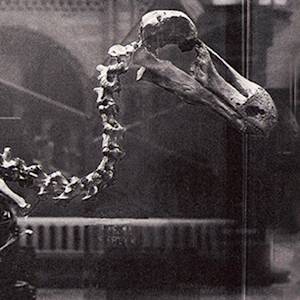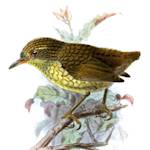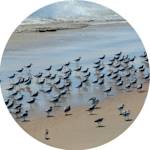African Penguin
2020 CE • Penguin Islands
"The African penguin is found only on the southwestern coast of Africa, where they are dispersed into colonies across 24 different islands, known as the Penguin Islands. African penguins can be recognized by the pink patches of skin above their eyes, which are used to regulate body temperature . . . Unfortunately, the population of African penguins has declined over 95% since pre-industrial times and the species is listed as endangered. Current estimates show the species will go extinct by 2026 if current climate change and human activity trends continue . . . They play important roles in their ecosystem, both as a food source for sharks and seals and also act as predators to small fish such as anchovies and sardines . . . Egg harvesting is just one of the many human actions this species is threatened by. Major oil spills in Algoa Bay [South Africa] continue to occur, which have the potential to kill many of the penguins in the area. African penguins are also facing food scarcity from competition with local fisheries as well as warming ocean temperatures that are causing fish to move away from their normal ranges. With their extinction expected in only six years, many people may be unable to witness this amazing species for themselves."
"Bird Species: African Penguin," Earth Day.
Image: David Cook via Flickr, Attribution-NonCommercial 2.0 Generic (CC BY-NC 2.0)
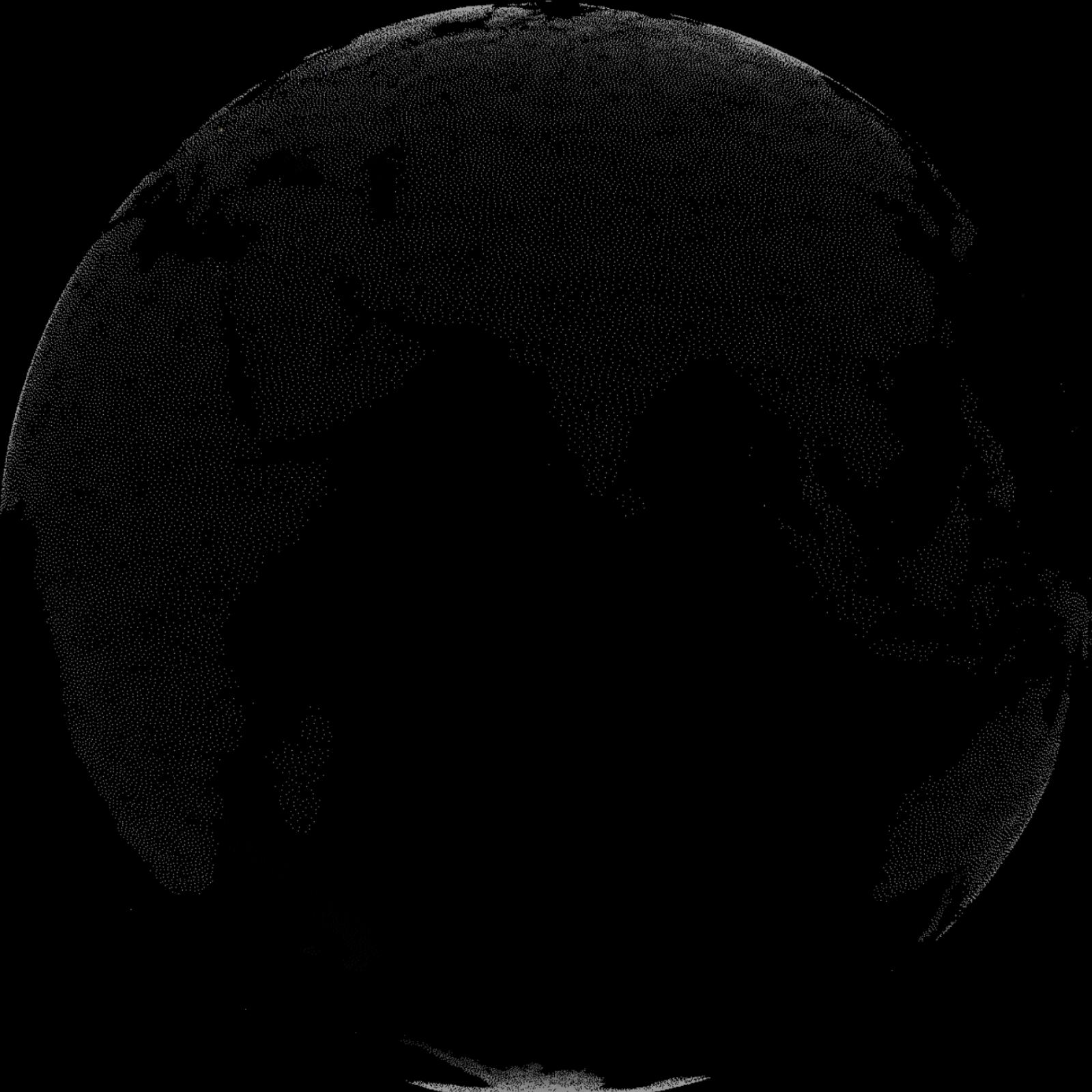

Learn about Maya Lin’s fifth and final memorial: a multi-platform science based artwork that presents an ecological history of our world - past, present, and future.
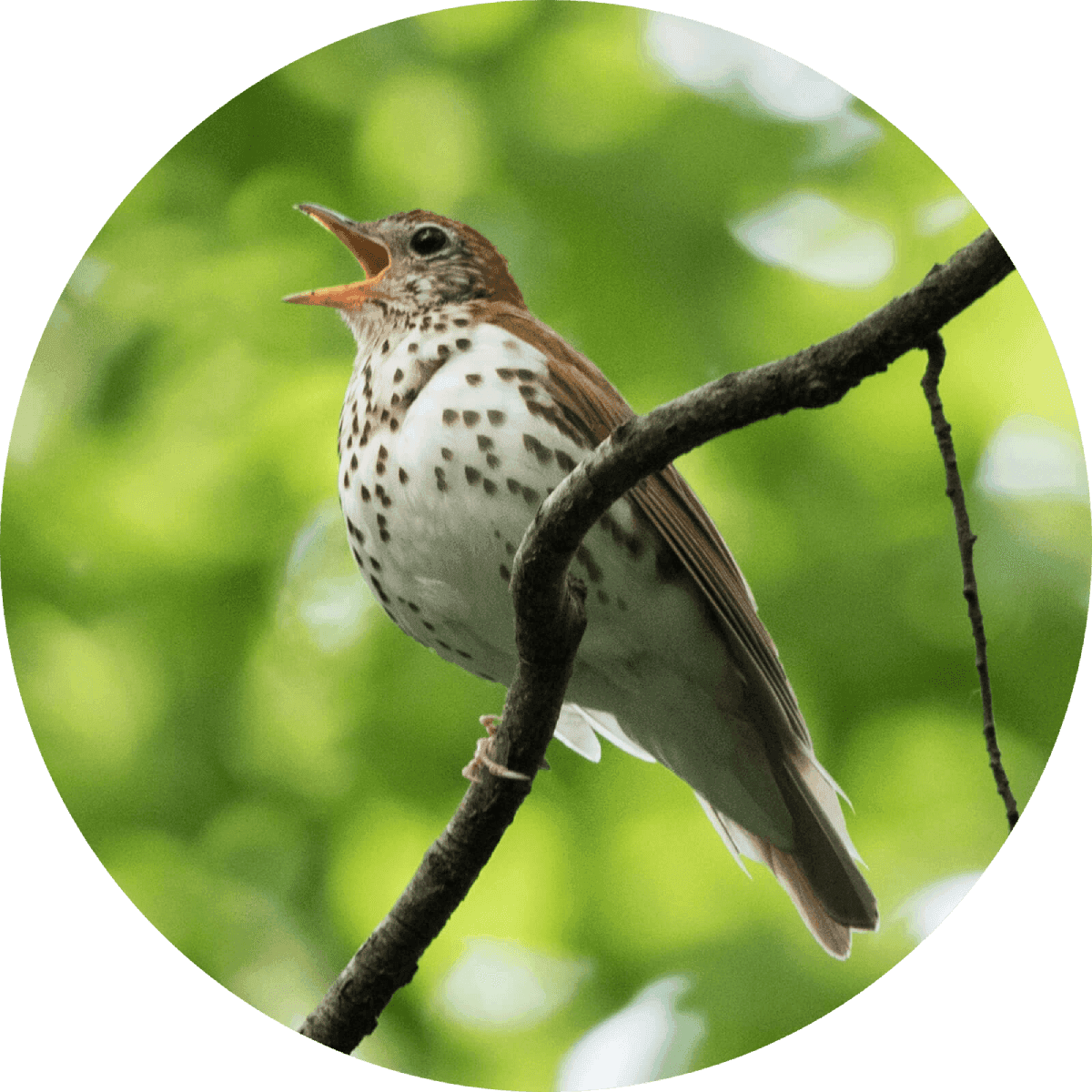
Discover ecological histories and stories of former abundance, loss, and recovery on the map of memory.
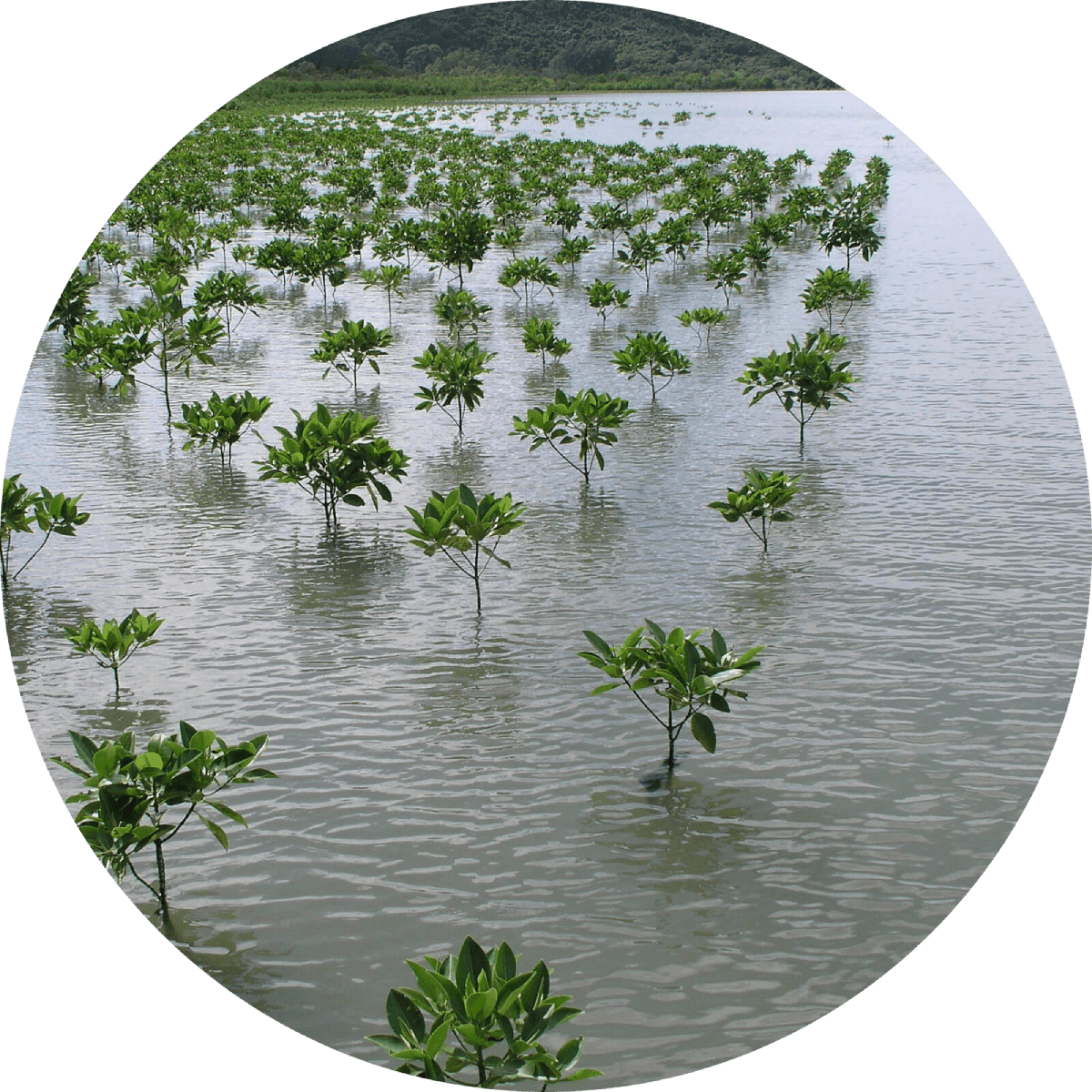
Learn how we can reduce our emissions and protect and restore species and habitats – around the world.

See how art can help us rethink the problems we face, and give us hope that each one of us can make a difference.

Help make a global memorial something personal and close to home. Share your stories of the natural world.
